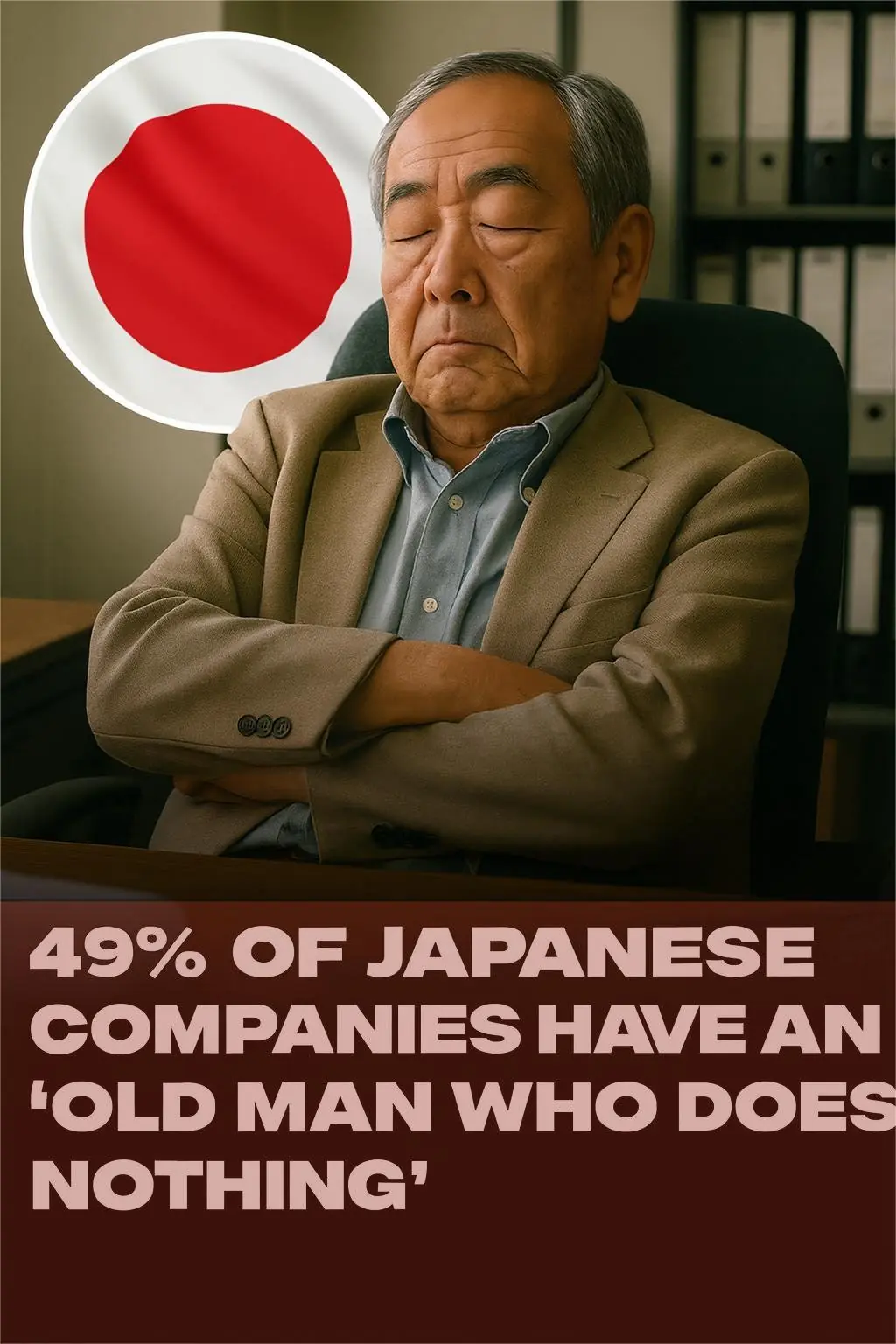
Half of Japanese Companies Report Having an “Old Man Who Does Nothing,” Survey Finds
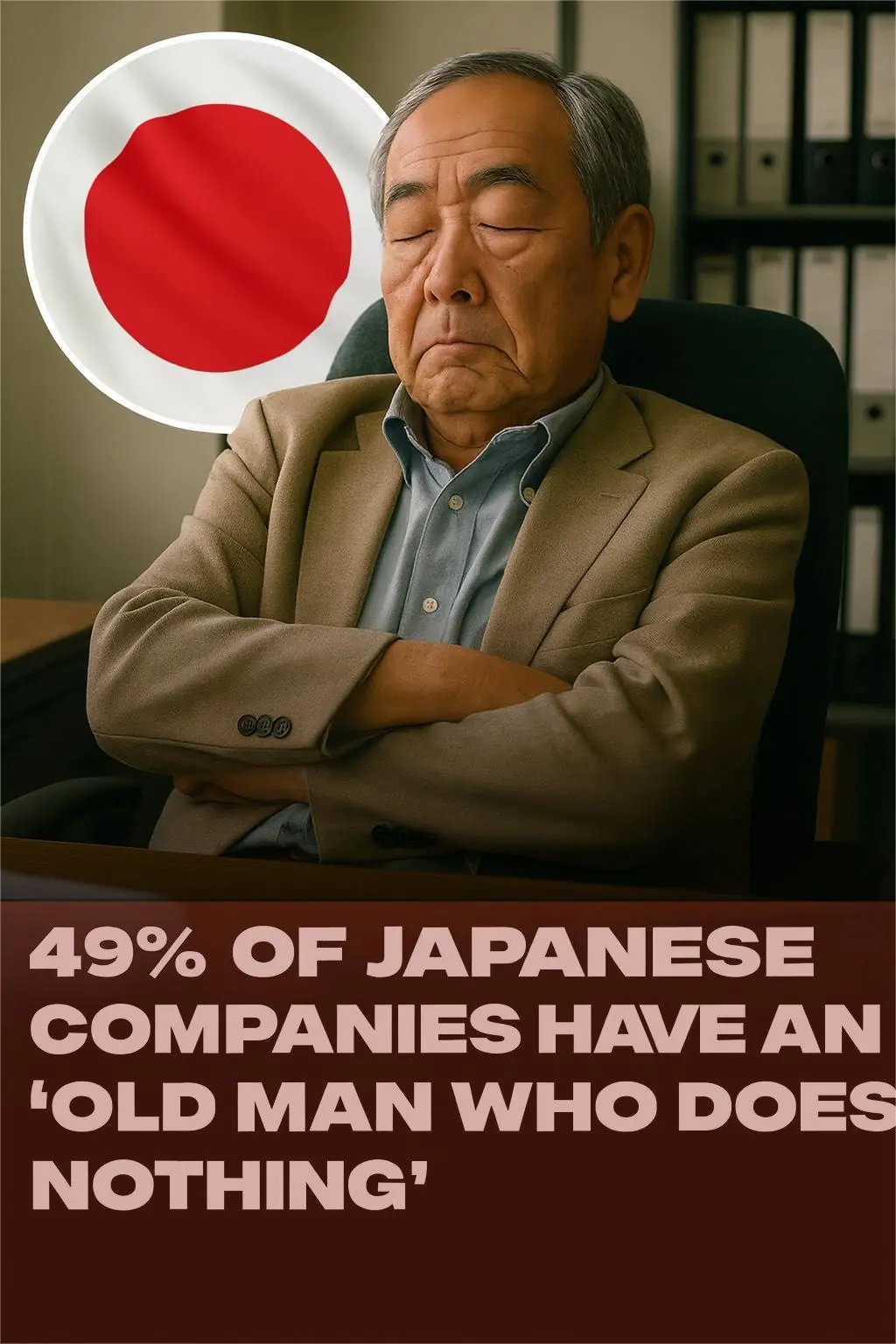
A recent survey by Tokyo-based consulting firm Shikigaku has shed light on a curious workplace phenomenon in Japan: the so-called “old man who does nothing.” According to the study, nearly 49 percent of employees in their 20s to 30s reported that their company had at least one older male colleague who seemed to contribute little to actual work.
A Common Workplace Observation
The phrase does not literally mean that these employees never work, but rather that they are perceived by younger colleagues as disengaged or unproductive. Respondents described behaviors such as taking frequent breaks, spending extended time chatting, browsing the internet instead of working, or staring blankly at their desks.
The survey focused on companies with over 300 employees, and all respondents were under the age of 40. This means the findings reflect the perceptions of younger generations in larger corporations, rather than being a complete picture of Japan’s workforce.
Cultural and Structural Roots
Experts suggest that Japan’s traditional seniority-based employment system may partly explain the phenomenon. In many firms, older employees retain their positions and salaries even if their responsibilities decrease over time. This system was originally designed to reward loyalty and long-term service, but it can result in a mismatch between pay, expectations, and output in today’s changing corporate environment.
The use of the Japanese term “ojisan” (middle-aged or older man) in the survey underscores that the label is more about perception than a fixed age group. What one worker sees as idleness may, in some cases, be tasks or roles that are less visible to younger colleagues.
Not Just a Joke
While the phrase “old man who does nothing” has been used lightheartedly in Japanese media, the survey points to deeper concerns about workplace productivity, generational differences, and corporate reform. Younger employees, who often face heavier workloads, may view the seeming inactivity of older colleagues as a sign of inefficiency or inequality.
At the same time, the results highlight the need for companies to better define roles, create opportunities for meaningful contributions at all career stages, and move away from outdated employment models that prioritize seniority over performance.
The Bigger Picture
Japan is already grappling with an aging workforce and declining population, making it more important than ever to harness the potential of older employees. While nearly half of younger workers say their companies have “old men who do nothing,” the challenge lies in transforming this perception—by providing clearer responsibilities, retraining opportunities, and creating intergenerational workplaces where experience and energy can complement one another.
News in the same category

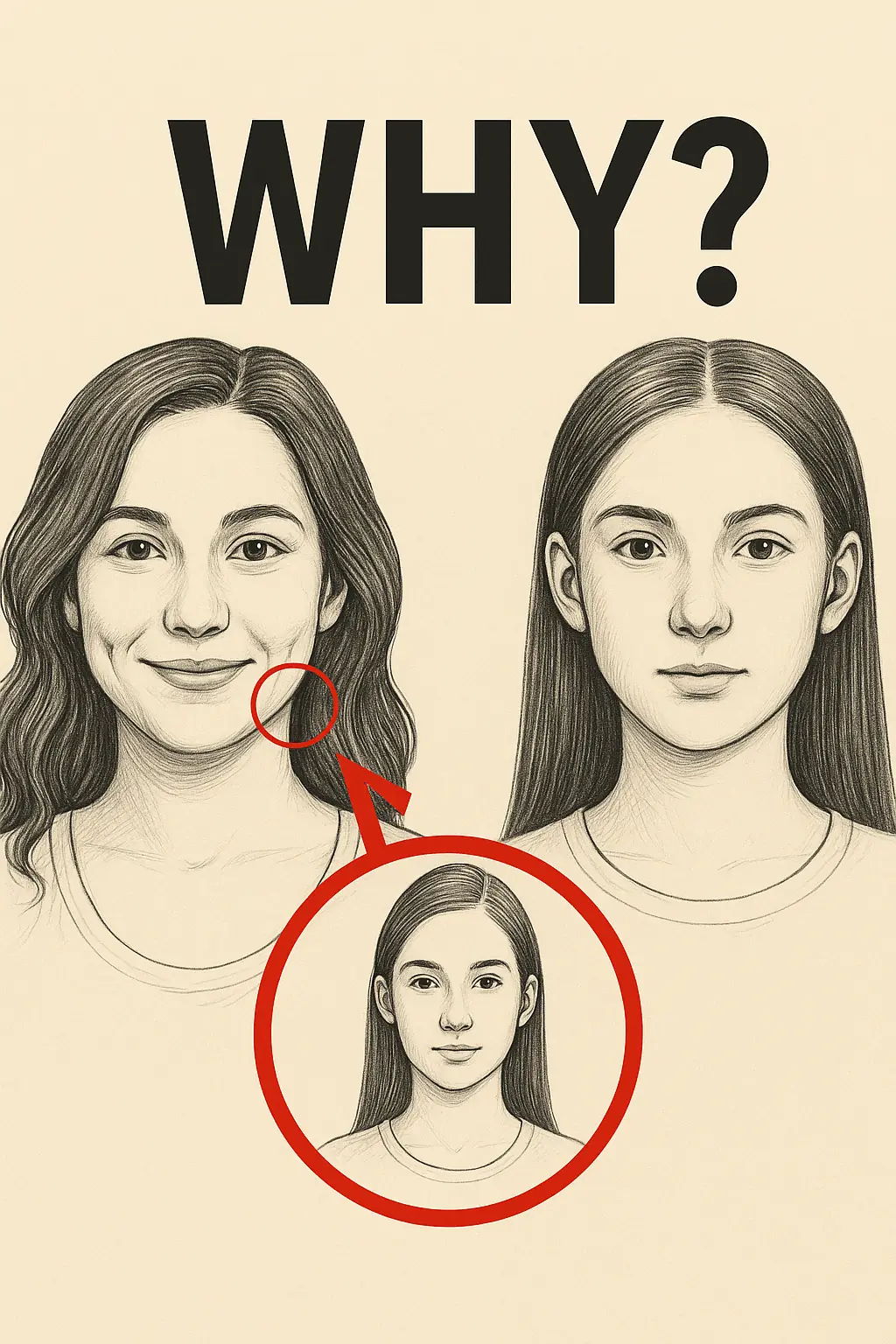
Why Do Some People Have Smile Lines and Dimples While Others Don’t?

The difference between the spirit of a loved one and other forces
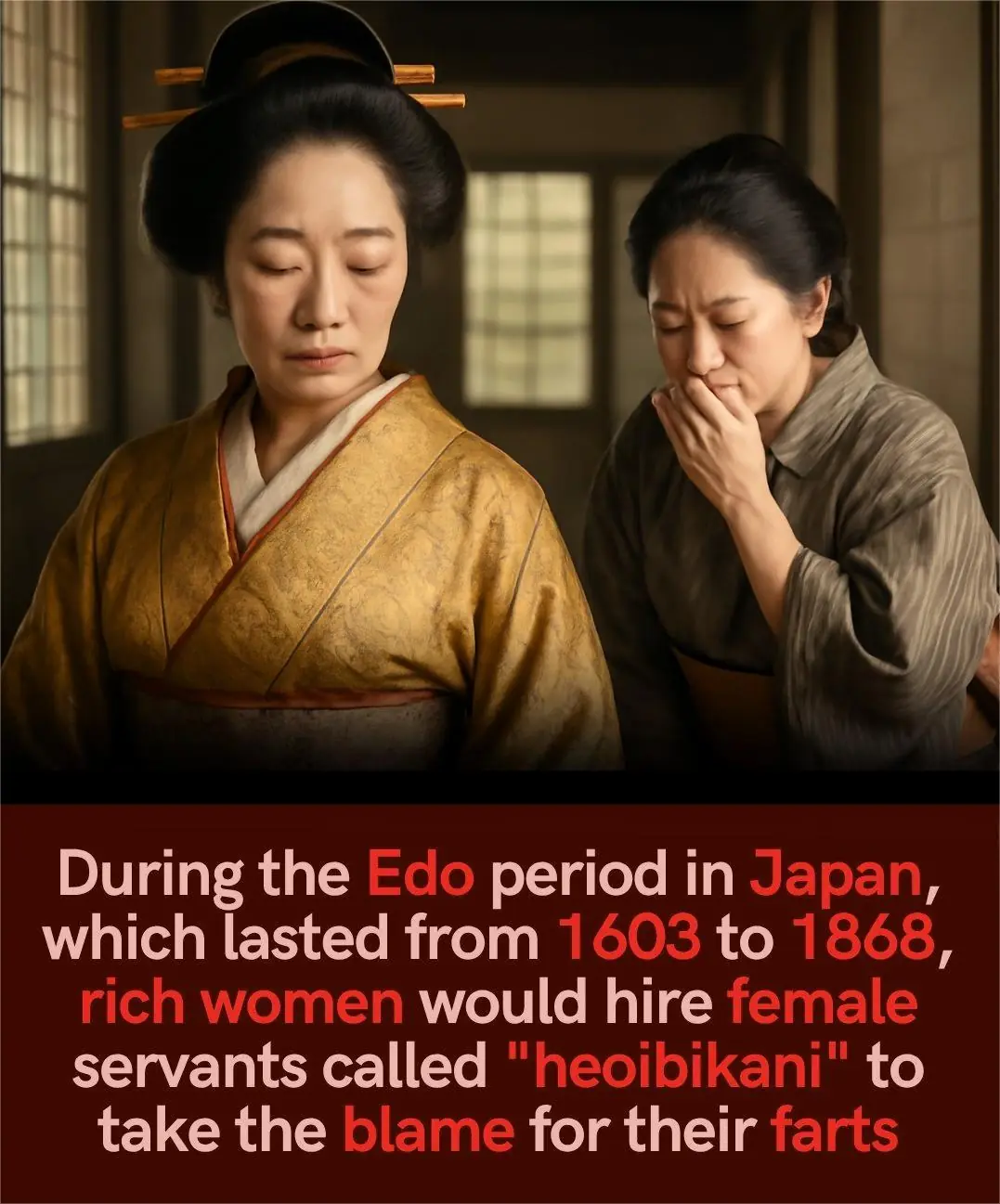
A Curious Tale from Edo Japan: The Servants Who “Took the Blame”

The Mystery of the “Lonely Person” Puzzle

The Square Counting Puzzle That Tricks Everyone 🟦🧠

A Math Puzzle That Plays With Your Brain 🧠➕

The Optical Illusion That Tricks Your Brain Into Seeing Motion

Sitting Cross-Legged for Too Long – A Seemingly Harmless Habit with 6 Hidden Health Risks
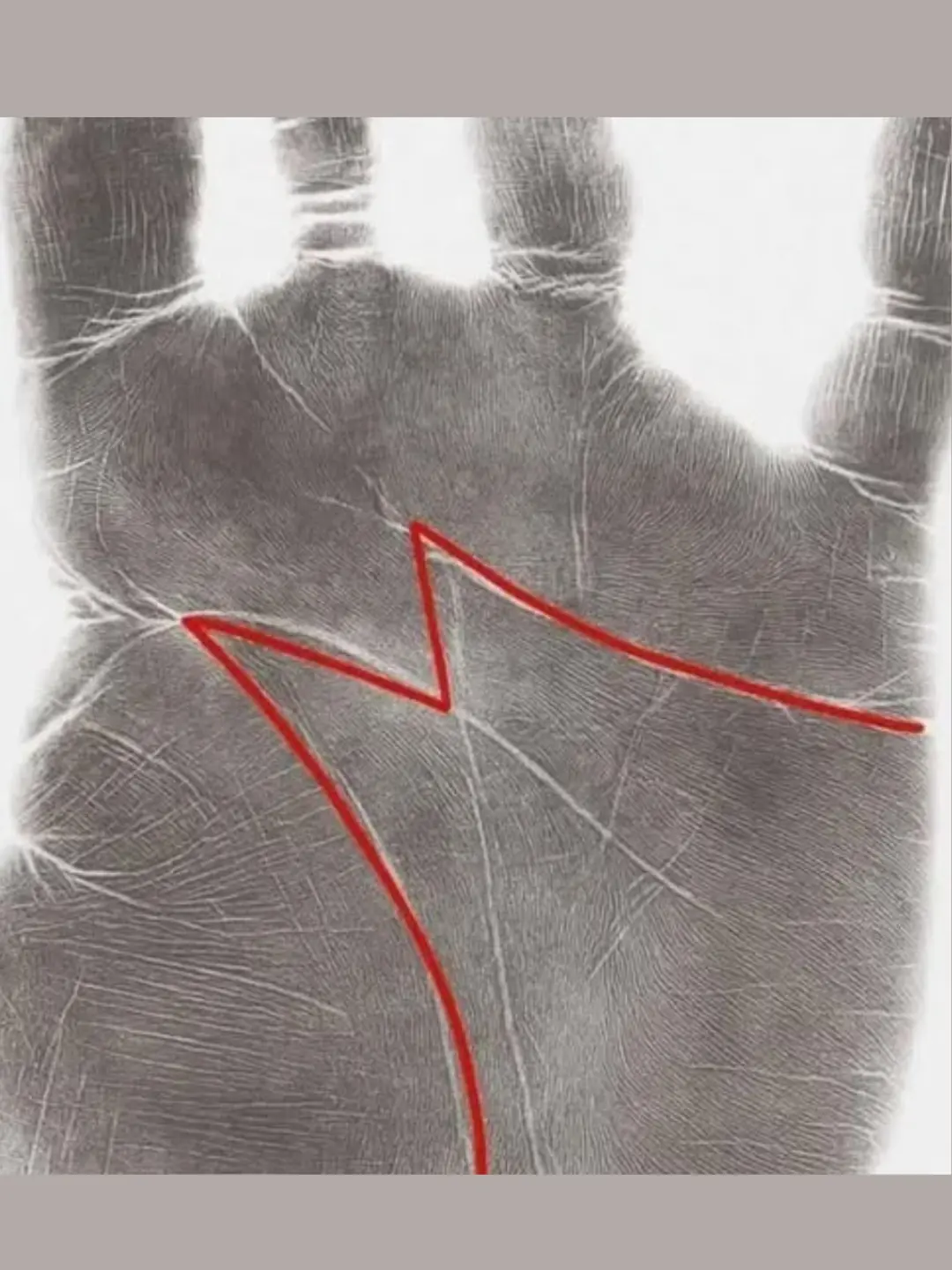
The Hidden Meaning of the “M” on Your Palm 🤲✨

What Really Happens in Your Brain When You Hug Someone for More Than 20 Seconds

Honey: The Ancient Superfood That Never Spoils

Female Dogs May Judge Human Competence, Kyoto Study Reveals
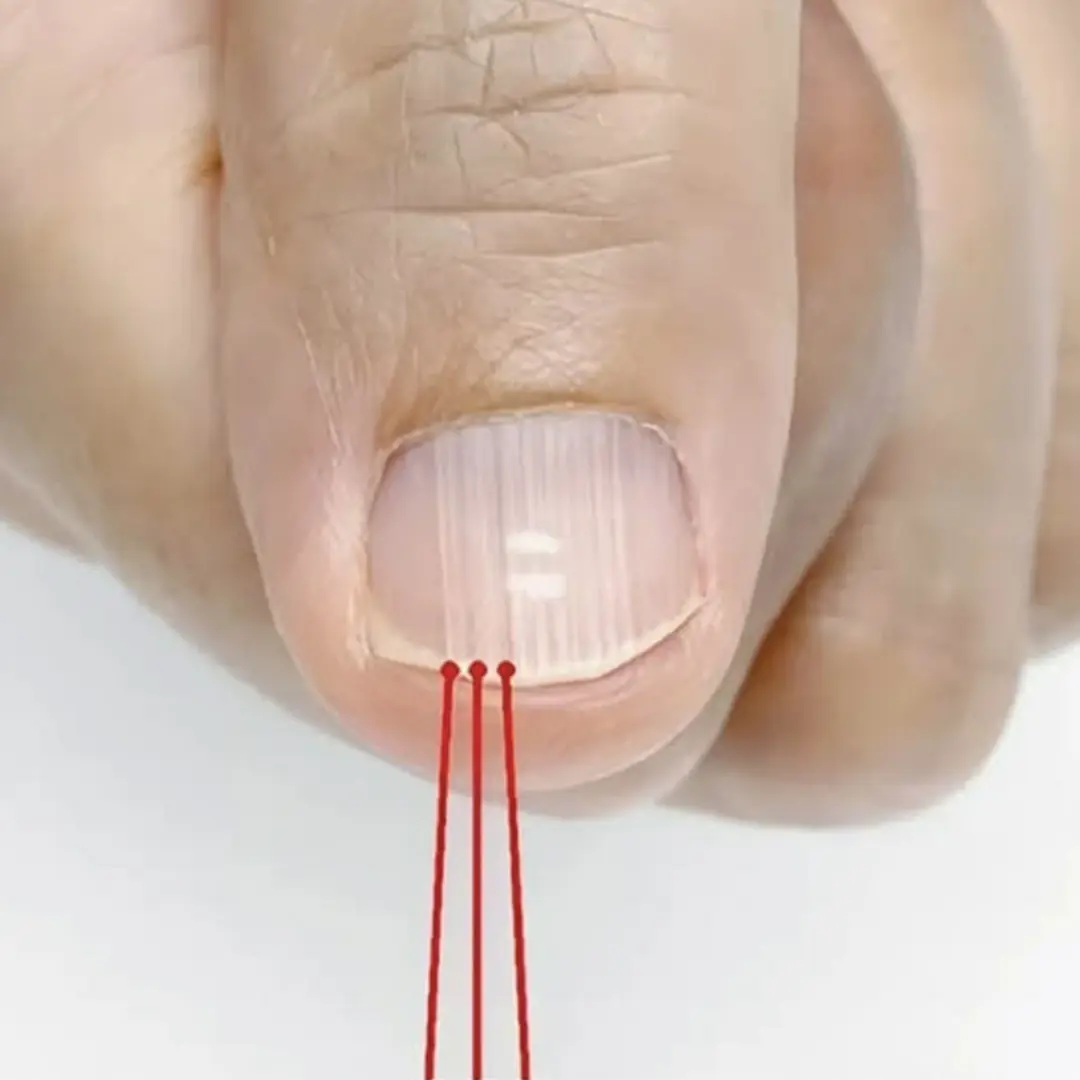
🔍 What Those Vertical Lines on Your Nails Really Reveal
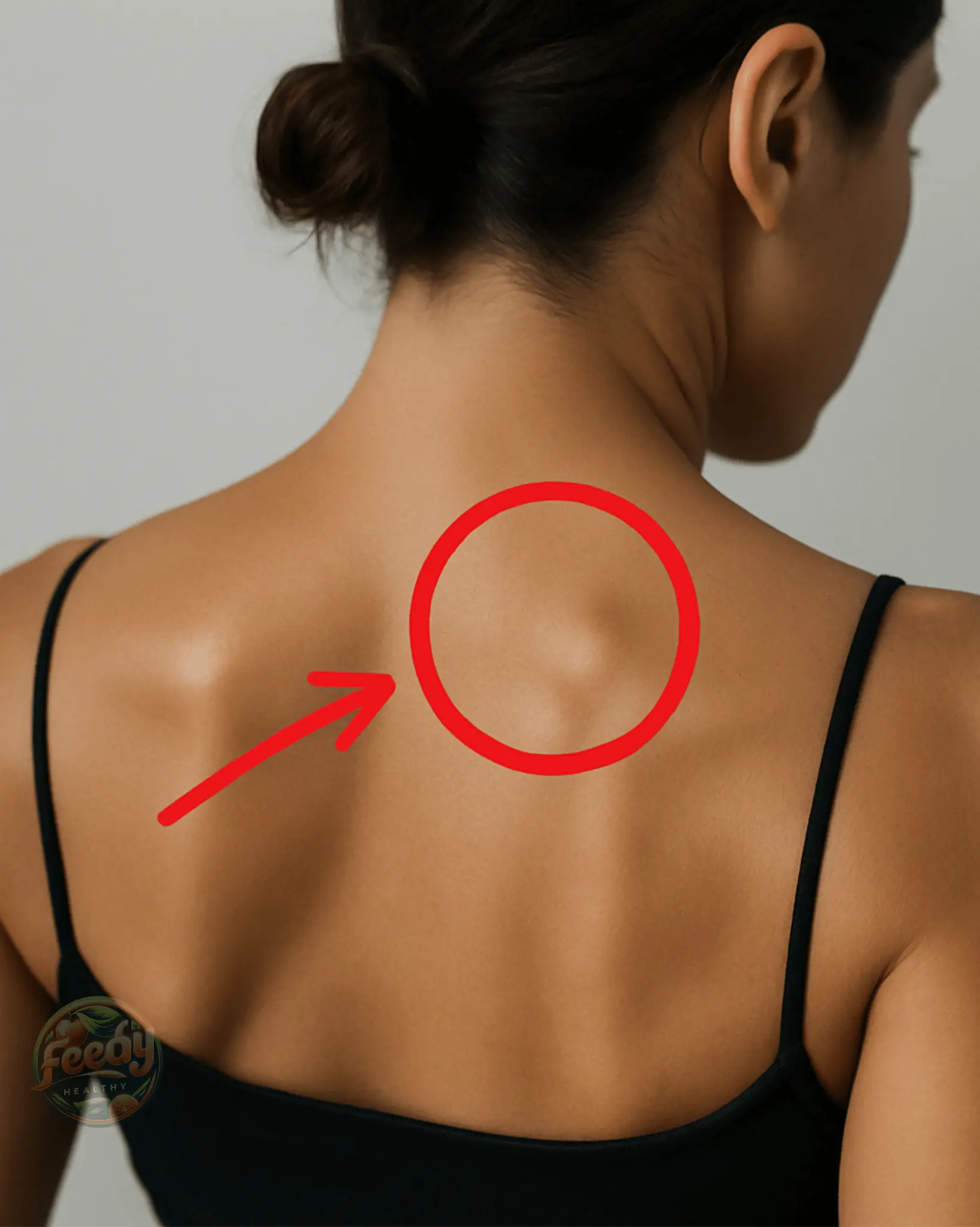
😱 If You Have Small Dimples on Your Shoulders, This Reveals a Fascinating Truth About Your Body 👇

Clouds: The Heavyweights That Float Above Us
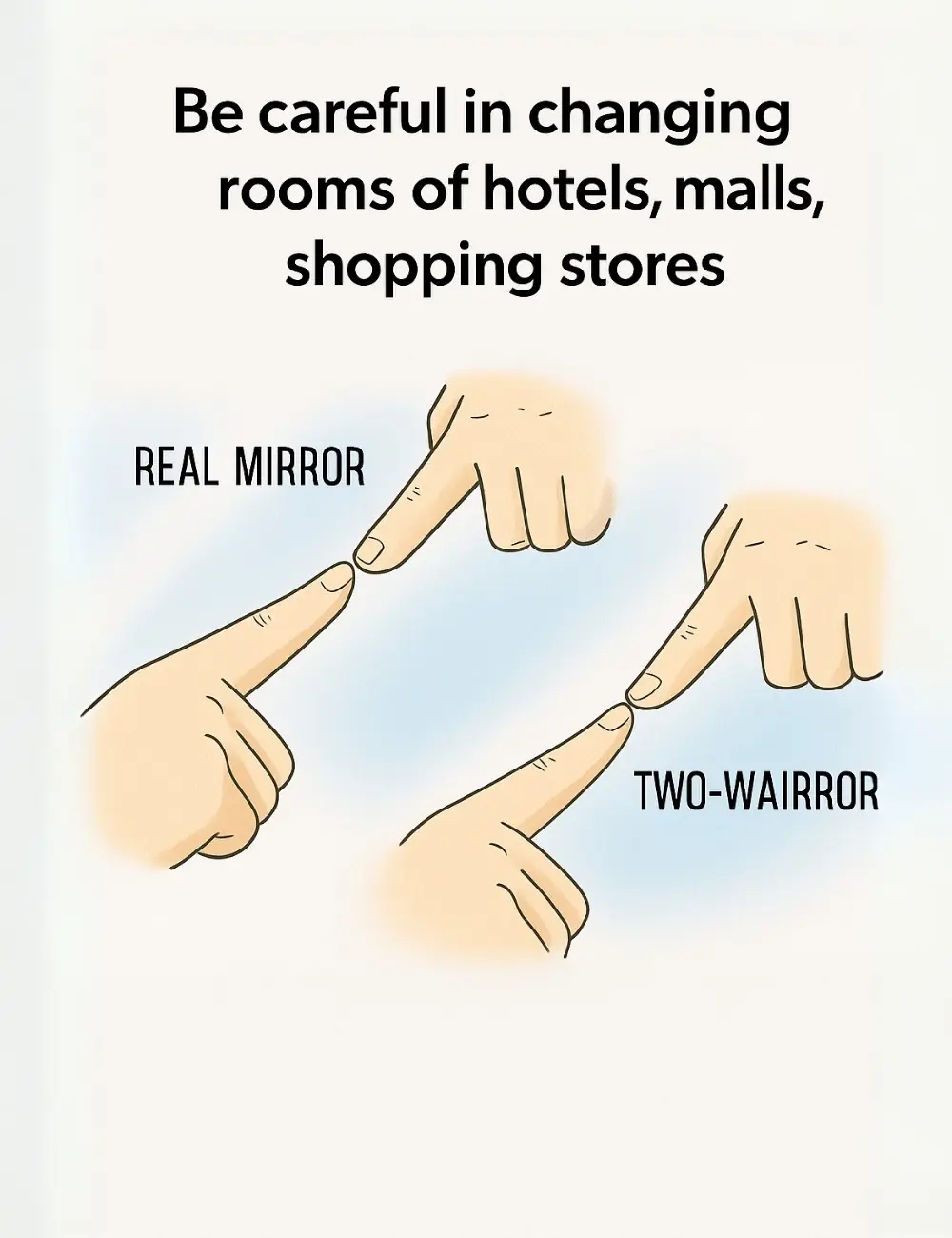
Life Tip: How to Tell the Difference Between a Real Mirror and a Two-Way Mirror in Fitting Rooms

Half Male, Half Female: The Rare Wonder of a Bilateral Gynandromorph Butterfly

If You Have These Two Palm Lines, You’ll Be Luckier Than Most
News Post
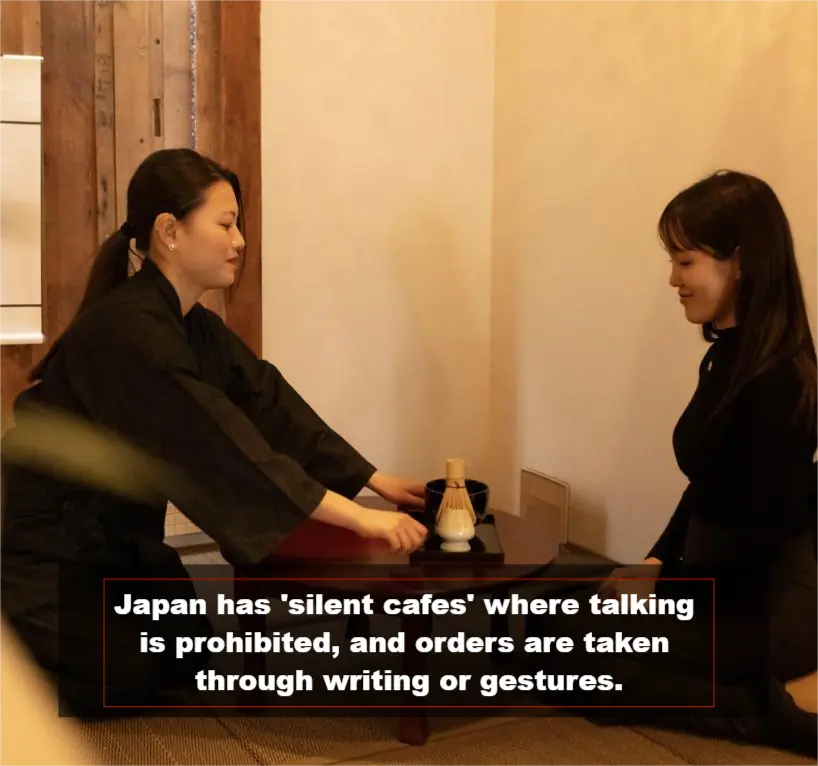
Japan’s New Silent Café: A Haven of Calm, Connection, and Inclusion

Top 3 Ways to Treat Tooth Decay with Guava Leaves – Simple and Cost-Effective

8 Signs That Your Body Is Crying for Help

Lonely baby raccoon waits on porch after storm

The Surprising Love Call of the World’s Slowest Mammal

Transform Your Health in Just Days: The Unbelievable Benefits of Drinking Clove Water Daily
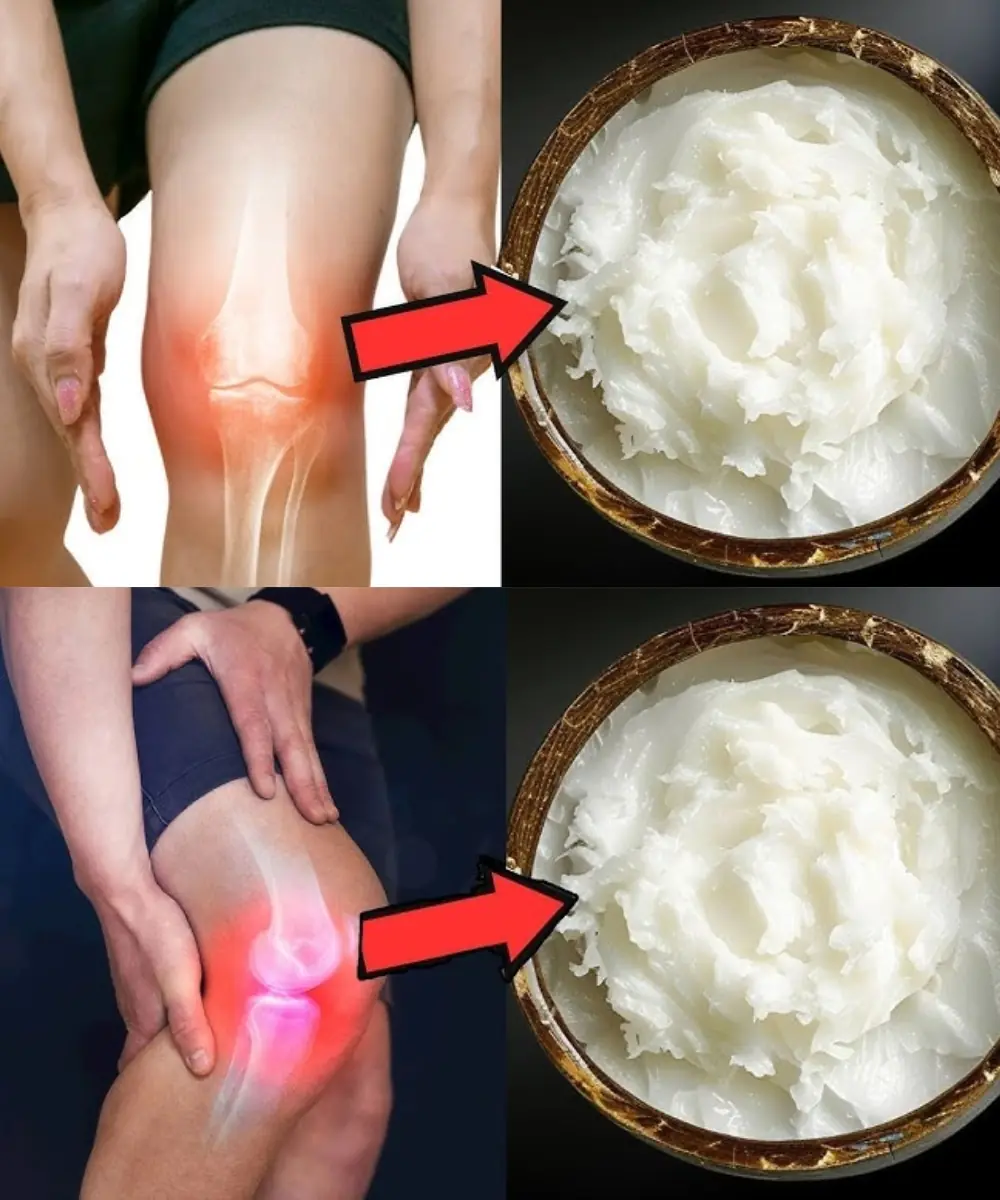
Foods to Rebuild Knee Cartilage: This Is What You Should Eat!

NEVER Eat Garlic With These 8 Foods—It Can Be DEADLY!

Celery for the Kidneys and Liver: The Natural Cleanser Your Body Will Thank You For
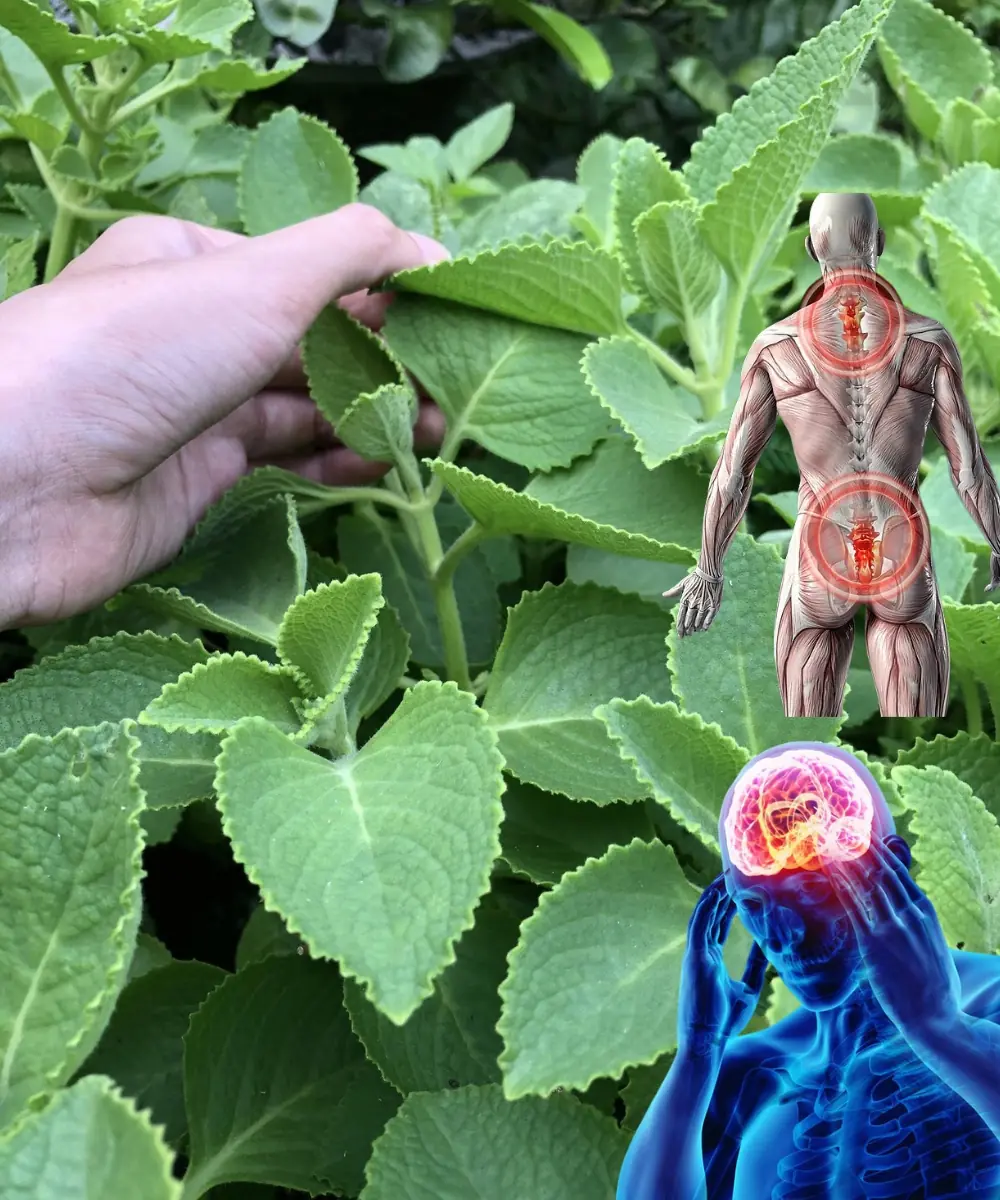
21 Reasons Why Every Home Should Grow a Mexican Mint (Indian Borage) Plant
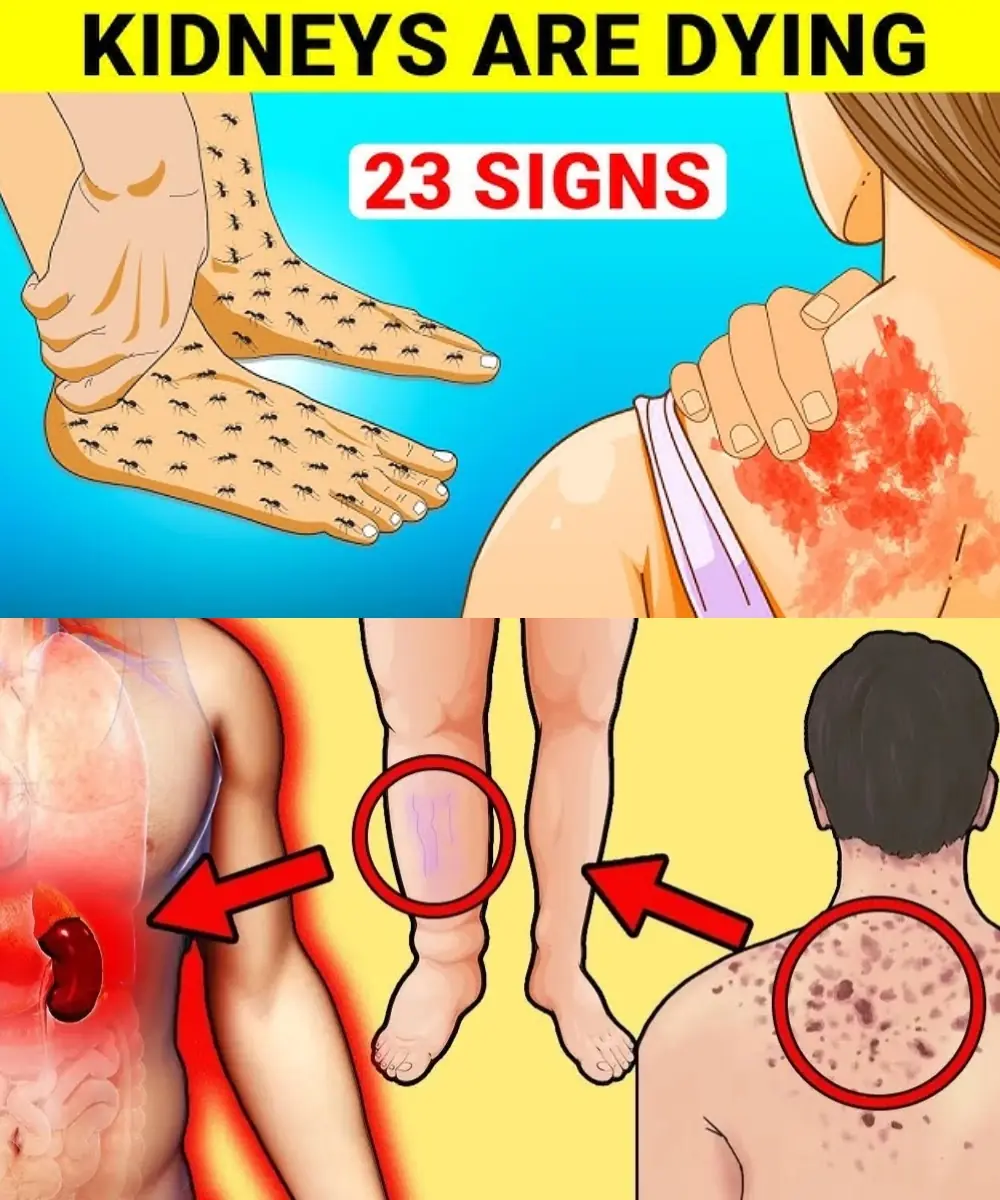
23 Warning Signs Your Kidneys Are Crying for Help

How to Make a Natural Remedy for Mucus and Chest Congestion: A Simple DIY Solution

10 Natural Ways to Make Mice and Rats Disappear in 60 Seconds (No Poison, No Traps)
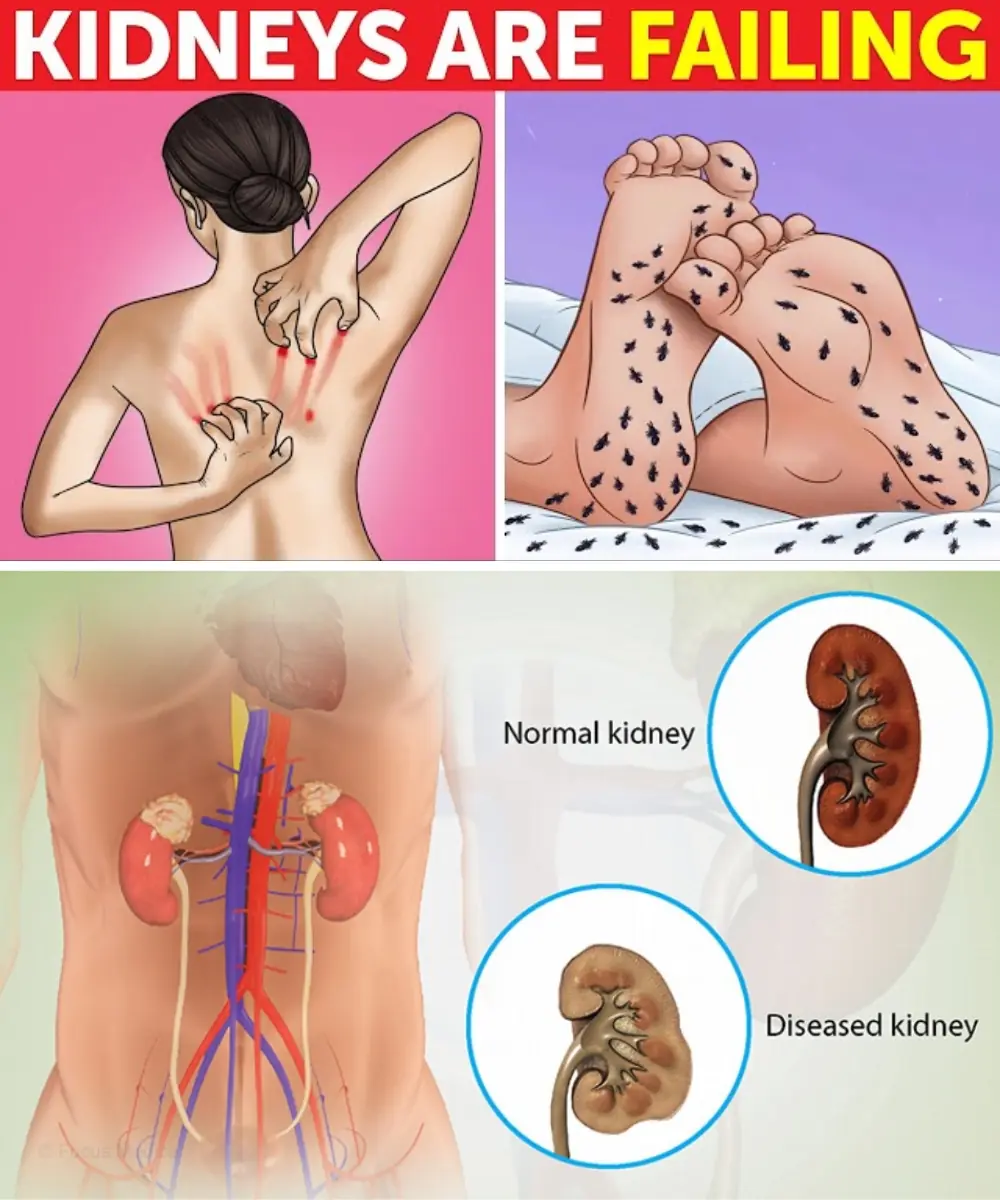
13 Alarming Signs of Chronic Kidney Disease (Are You at Risk?)

Taro: The Tropical Treasure Your Kitchen — and Your Body — Will Love

Physalis angulata – If You Find This Plant, Use It Immediately! A True Health Treasure for Your Whole Family
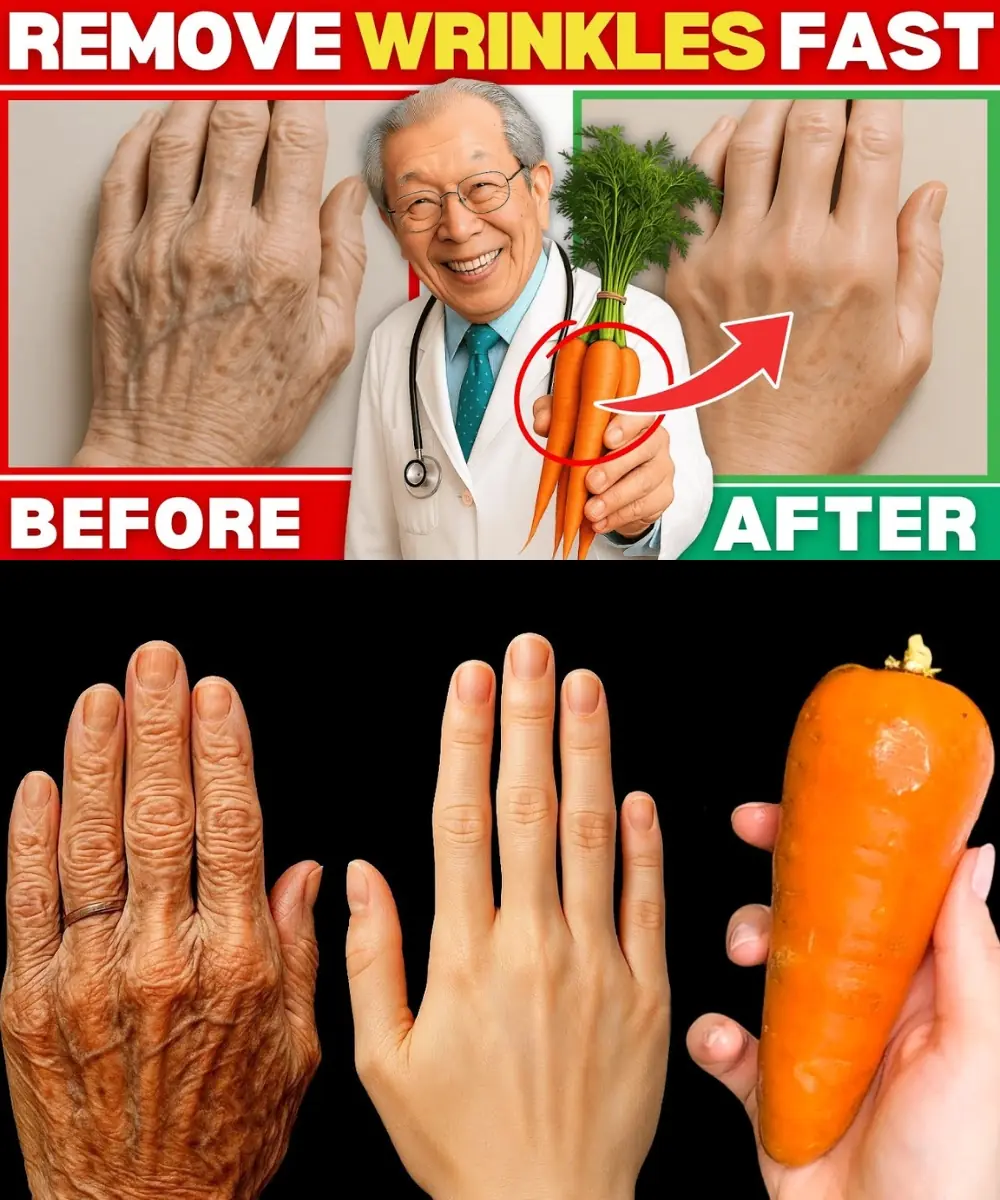
Japan's Oldest Doctor: New Japanese Carrot Secret Reverses Wrinkles Fast After 60 (Easy At Home)

13 Surprising Benefits of Eating Chili Peppers
